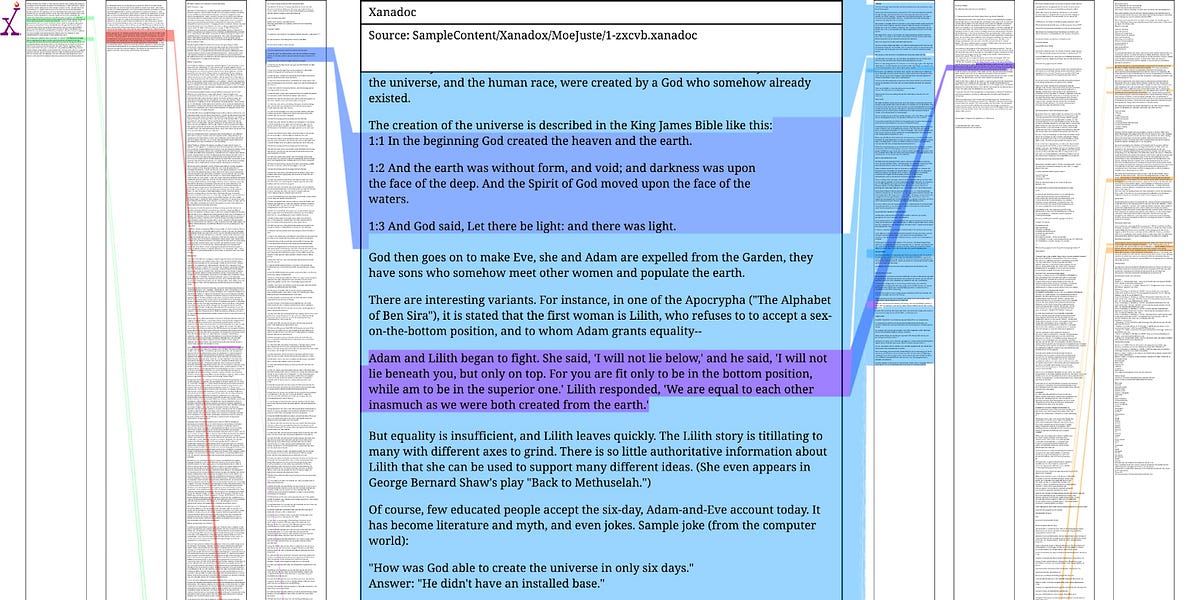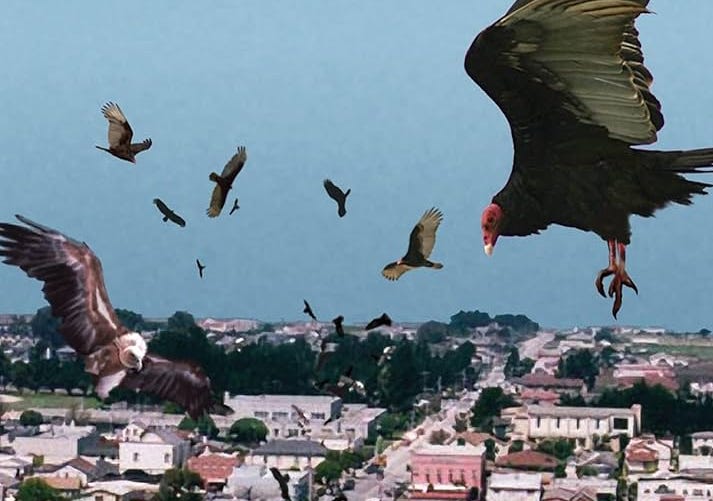The Xanadu Tragedy: An Epic of the Hypertext Dream

This article recounts how Vannevar Bush's Memex concept inspired two pioneers, Doug Engelbart and Ted Nelson, who respectively created the NLS and Xanadu systems, attempting to build an ideal internet based on hypertext. Engelbart's NLS demonstrated the potential of hypertext, but ultimately failed to gain widespread adoption due to technological limitations. Nelson's Xanadu was a grander vision, aiming to create a "docuverse" connecting all knowledge, but due to technical challenges, funding issues, and Nelson's personality, it ultimately failed to achieve its ambitious goals. The article explores missed opportunities in the development of the internet and the balance between technical and humanistic considerations, prompting reflections on the future form of the internet.
Read more





